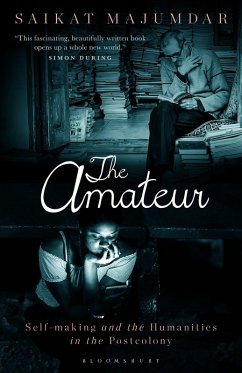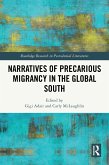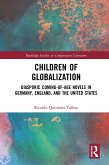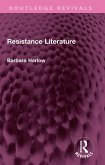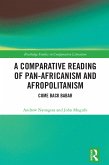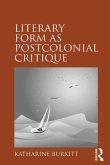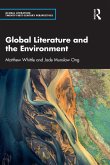Included in "The Best Scholarly Books of 2024" - The Chronicle of Higher Education
Can ignorance, mistake, failure shape ways of reading, or do they disrupt its proper practice? What happens when the authority of modern education and culture places canonical western texts in the way of readers who live in worlds remote from their material contexts?
The Amateur reads patterns of autodidactism and intellectual self-formation under systems of colonial education that are variously repressive, exclusionary, broken, or narrowly instrumental. It outlines the development of a wide range of writers, activists, and thinkers whose failed relationships with institutions of knowledge curiously enabled their later success as popular intellectuals. Bringing current debates around reading together with the history of higher education in the postcolony, it focuses on three primary locations: Black intellectuals in apartheid-era South Africa in the aftermath of the Bantu Education Act of 1953, 20th century Caribbean writers who sought to understand the disembodied legacy of the diaspora through accidental encounters with literature and history, and writers from late-colonial and postcolonial India whose disruptive self-formation departed from the administrative project of professionalizing a particular kind of colonial subject.
Celebrating flawed and accidental forms of reading, writing, and learning along the periphery of the historical British Empire, Majumdar reveals an unexpected account of the humanities in the postcolony.
Can ignorance, mistake, failure shape ways of reading, or do they disrupt its proper practice? What happens when the authority of modern education and culture places canonical western texts in the way of readers who live in worlds remote from their material contexts?
The Amateur reads patterns of autodidactism and intellectual self-formation under systems of colonial education that are variously repressive, exclusionary, broken, or narrowly instrumental. It outlines the development of a wide range of writers, activists, and thinkers whose failed relationships with institutions of knowledge curiously enabled their later success as popular intellectuals. Bringing current debates around reading together with the history of higher education in the postcolony, it focuses on three primary locations: Black intellectuals in apartheid-era South Africa in the aftermath of the Bantu Education Act of 1953, 20th century Caribbean writers who sought to understand the disembodied legacy of the diaspora through accidental encounters with literature and history, and writers from late-colonial and postcolonial India whose disruptive self-formation departed from the administrative project of professionalizing a particular kind of colonial subject.
Celebrating flawed and accidental forms of reading, writing, and learning along the periphery of the historical British Empire, Majumdar reveals an unexpected account of the humanities in the postcolony.

